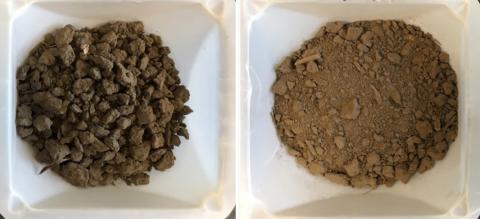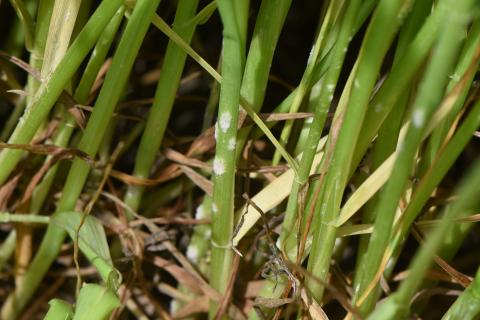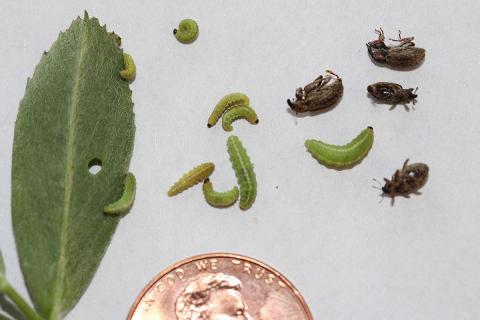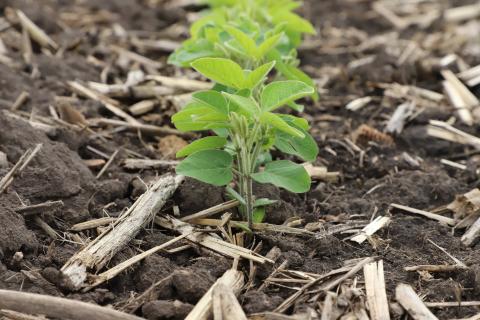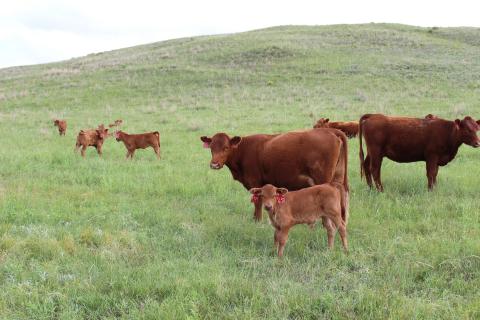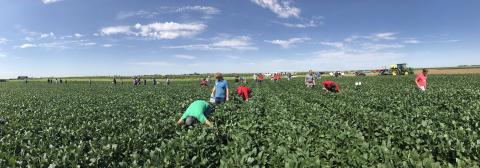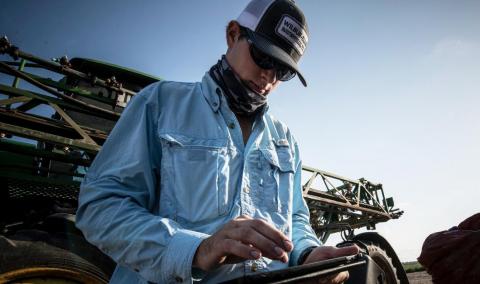Can Cover Crops Offset the Negative Impacts of Corn Silage?
April 28, 2021
UNL researchers discerned varied results from a study on reducing soil compaction and wind/water erosion on fields harvested for corn silage by planting cover crops.
Scout Wheat Fields for Early Disease Detection
April 28, 2021
The presence of diseases in their early stages of development in research plots indicates that it is time to scout Nebraska wheat fields for early disease detection.
Alfalfa Weevil Surging in Alfalfa Fields
May 8, 2024
Alfalfa weevil larvae have emerged in southeast, south-central and central Nebraska; scouting for this pest is crucial for alfalfa producers over the next few weeks.
Soybean Planting Begins as Corn Gets Underway
April 27, 2021
For the week ending April 25, 2021, soybean planting was at 3%, equal to average, and corn planted was 6%, behind 17% last year and 15% for the five-year average.
Pasture and Forage Minute: Spring Turn-out Strategies, Seedbed Preparation and Grazing Reed Canarygrass
April 27, 2021
In this week's Pasture and Forage Minute, Extension educators discuss the best time and location for spring turn-out and how to encourage cattle to graze reed canarygrass.
Soybean Fertility Study in Western Nebraska: What is Limiting High Yield and Protein?
April 22, 2021
Results of a study on soybean fertility throughout 2019 and 2020 and updated fertilizer recommendations for growers.
Rising Fuel and Input Prices: Adjusting Enterprise Budgets and Tracking Cost of Production
April 22, 2021
With input expenses on the rise, Extension Educator Glennis McClure analyzes the current cost of production and breakeven estimates for 2021.
Managing an Ever-complex Farming Operation: Seven Types of Waste
April 22, 2021
To add value and success to your operation without adding more cattle or acres, review the seven types of wastes to watch for on your farm.


